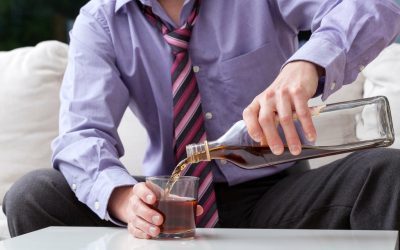If you need support, help, or have questions, please contact our team at The Recovery Village. Don’t let this situation or cravings make you feel down or like you haven’t achieved something amazing already. You can work on strengthening your coping skills to move past a mental relapse. Working with a therapist can be helpful during a period of mental relapse. When we think about a relapse, we tend to think about it as sudden, unexpected, and all at once.

Most individuals with AUDs are proud of their recovery, but it’s dangerous when the pride inflates their ego, and they believe they can handle alcohol. In most cases, these individuals feel that they have found a solution to their drinking problem that does not involve complete abstinence. Whether your relapse means that you need to attend treatment again depends on several factors. These include how long the relapse lasted and how much you were drinking during the relapse.
Understand relapse warning signs
Experts think this occurs because the neural circuits involved in stress and mood are the same circuits involved in the brain’s reward system. For this reason, stress can trigger the same brain circuits that were triggered when you sought alcohol in the past. This means stress can lead to cravings, which can lead to a relapse. With a slip-up, you might have a drink, but you quickly realize it’s the wrong path for you, and it doesn’t go further. With a relapse, the situation can become dire because of the shame and guilt, particularly if it’s not dealt with early on.

Inpatient or residential treatment can be beneficial for patients with more severe problems, including co-occurring disorders. Don’t let the uncertainty of treatment stop you from finding the support you need. While these can be healthy practices, try to find balance and not overdo it.
Ready to make a change?
Instead, substance use might be a symptom or side effect of another issue. A common behavior for those who are newly in recovery is substituting a new addiction for an old one. Many people become obsessed with a new drinking again after sobriety diet, exercise, job, or participation in support groups. How did you feel about your character battling alcoholism in the show? Season 2 opens with your character being five weeks sober and still adjusting to it.
While some may believe they can return to social drinking without consequences, the reality is that alcohol abuse and alcohol dependence can quickly spiral out of control for those with a history of alcohol use disorder. When recovering alcoholic https://ecosoberhouse.com/article/ptsd-and-alcohol-abuse/ starts drinking again, they may struggle to limit themselves to just a few drinks, putting their continuous sobriety and well-being at risk. When a person with an AUD resumes drinking, it is usually the alcohol that gains all of the power.
